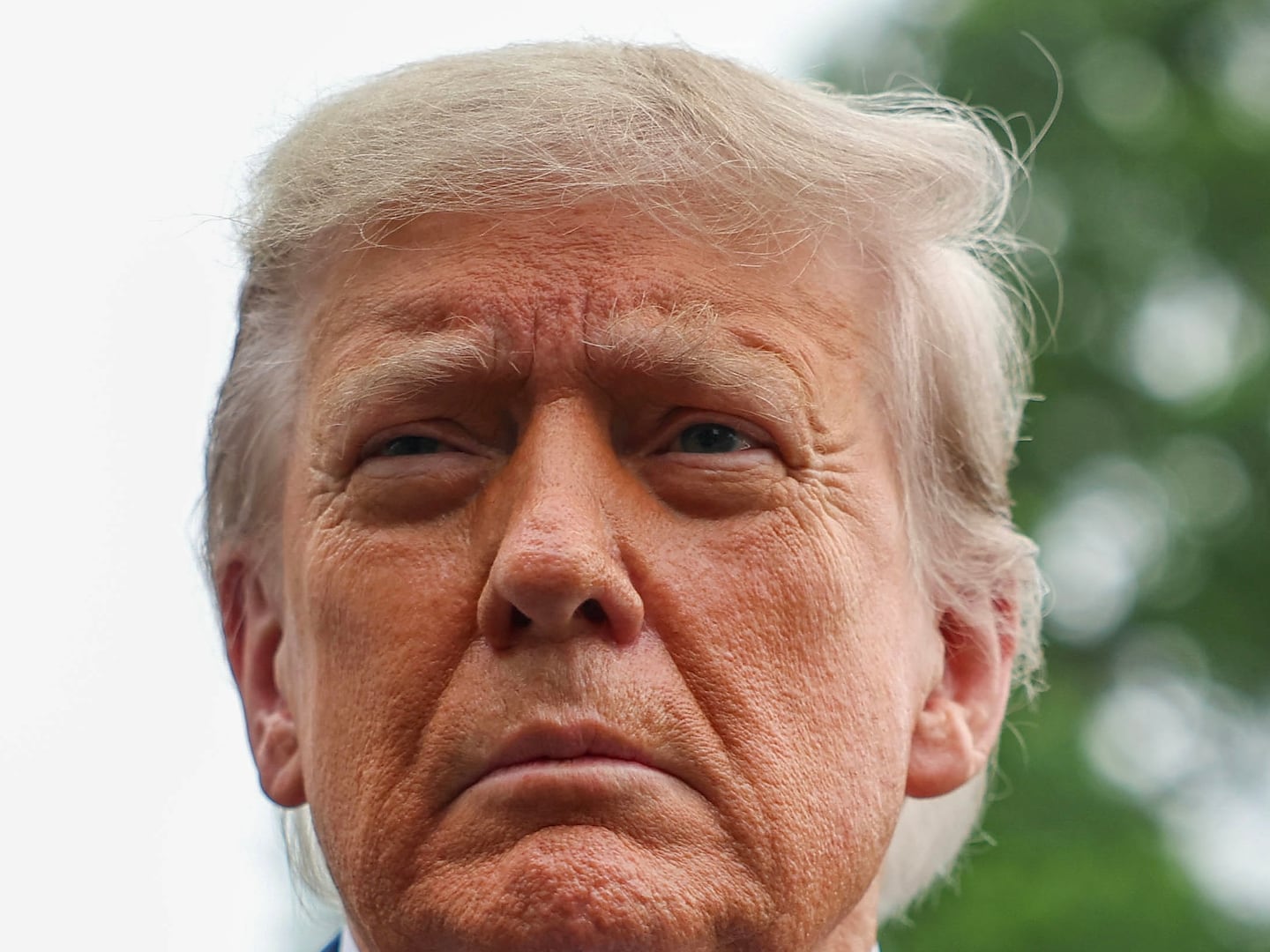
The biggest shock for me while covering the 2005 Michael Jackson trial for a television show and a magazine wasn’t the testimony, but rather what the pop star looked like when he arrived at the defendant’s table. Like everyone else, I’d seen the news footage and photographs documenting the step-by-step journey that took him farther from reality, but nothing prepared me for the sight of the wan, paper-thin, waif-like creature who stood just a few feet away. He looked barely alive even then.
So it wasn’t surprising to me when he died last week. What was a shock: the tidal wave of reporting that it was likely drug-induced. Not just a one-time tragic misstep, mind you, but the apparent result of a habit that cost upward of $48,000 a month—a habit that entailed daily doses of the powerful painkiller Demerol, and perhaps Diprivan, an intravenous anesthetic allowed only in hospitals. I wouldn’t have been a bit surprised to hear he’d been on muscle relaxants or low-level painkillers—dancers’ bodies usually don’t fare well over time. But the incessant wave of reports from Jackson confidants like Deepak Chopra leaves little room for doubt that this was no fluke, that this was a disaster long in the making. "When the autopsy comes, all hell's going to break loose,” Liza Minnelli told CBS, “so thank God we're celebrating him now."
I’m a big believer in personal responsibility, but that doesn’t mean we don’t punish criminals who abuse their special access to dangerous drugs. If we punish crack dealers, then we punish sleazy doctors.
Here’s the thing: Jackson couldn’t have gotten his hands on drugs like those, and certainly not in that quantity, unless there was a doctor in the house. Maybe the one who failed to call 911 for at least 20 minutes after Michael went into cardiac arrest. Maybe another doctor. Maybe a nurse. Maybe a shrink or a friend. It’s a Hollywood whodunit. But clearly, whoever was wielding that prescription pad was no Main Street doctor. This was the kind of sycophantic parasite that always seems to be lurking around celebrities, in the not-so-great tradition of Elvis Presley, Marilyn Monroe, and Heath Ledger.
The celebrity that immediately comes to mind, however: Anna Nicole Smith. The charges made seven weeks ago against Anna Nicole Smith’s boyfriend/lawyer and two doctors for conspiracy to unlawfully prescribe controlled substances and obtaining fraudulent prescriptions provides a blueprint for a possible criminal case against those who supplied Jackson. Just the fact that the case got filed clearly shows that California won’t accept Hollywood business as usual. The state’s attorney general, Jerry Brown, said as much when he personally held a news conference to announce the charges in the Anna Nicole Smith case. This is a crackdown. And that should have some in Jackson’s entourage quaking right now.
In Anna Nicole’s case, the autopsy showed that she died of an overdose of prescription drugs, and the communications between boyfriend Howard K. Stern and company indicate that everyone knew what they were doing was against the law. The evidence that some of the prescriptions were forged and fraudulent was a big piece of the puzzle that led to the filing of the criminal case.
Might there be similar evidence here? A star of Michael Jackson’s wattage would have had his pick of unscrupulous handlers willing to enable him to death. From a very early age, he was exploited and abused, and when he got old enough to rebel, he was indulged back into his cage and surrounded by conscience-free bloodsuckers to make sure he’d keep producing. Jackson couldn’t get a megadose of Demerol by himself, and he certainly couldn’t have gotten his hands on Diprivan without the help of someone in the medical business. The autopsy should give us the answer, and if the answer shows that, yes, it was a controlled drug, then the next step is to go after the pusher.
Some have already said that even if the autopsy confirms an overdose, it’s not the doctor’s fault—that it’s an issue of personal responsibility and if Jackson was a willing and eager recipient, then it was his price to pay. I’m a big believer in personal responsibility, but that doesn’t mean we don’t punish criminals who abuse their special access to dangerous drugs. If we punish crack dealers, then we punish sleazy doctors. Fair is fair. Jerry Brown rightly equated the two when explaining why he was going after the people who allegedly procured the drugs for Anna Nicole.
Any Jackson trial would be big. As big as the O.J. Simpson trial I witnessed from inside the courtroom, or the Jackson molestation circus I saw from the outside, as helicopters and private planes swirled, and news trucks beamed out in a dozen languages? No. The superstar in this case can’t make an appearance.
But big enough to suit Jerry Brown’s primary purpose: deterrent value. This kind of prescription abuse didn’t start with Michael Jackson, but if a culprit here is brought to justice, next time a cash cow seems ripe for the milking, an exploiter with a prescription pad will think twice before putting pen to paper. The only way we’re ever going to stop this kind of thing from happening is to make the potential pain outweigh the upside. Until there’s a real threat of prison or bankruptcy or both, the unethical minions of doctors, shrinks, trainers, and fill-in-the-blanks will continue to “handle” needy celebrities into an early grave. So I hope Liza’s right, and there will indeed be “hell to pay.”
Marcia Clark, the former L.A. district attorney who prosecuted the O.J. Simpson murder case, has since served a regular legal television commentator. She has written a bestselling book, Without a Doubt, served as a columnist for Justice Magazine and is finishing her debut crime novel.






